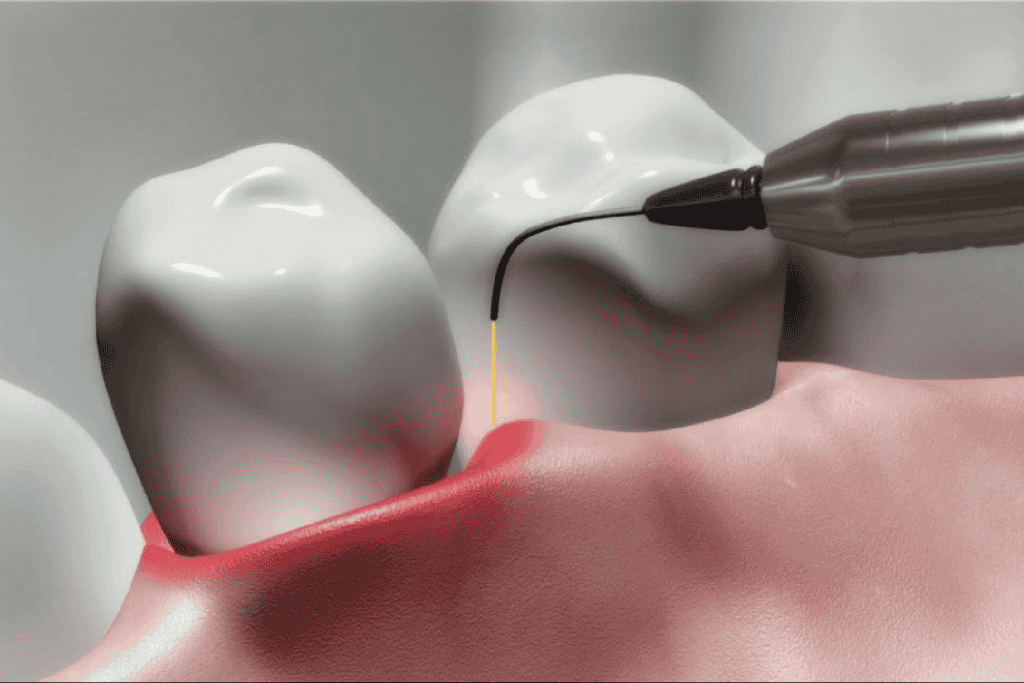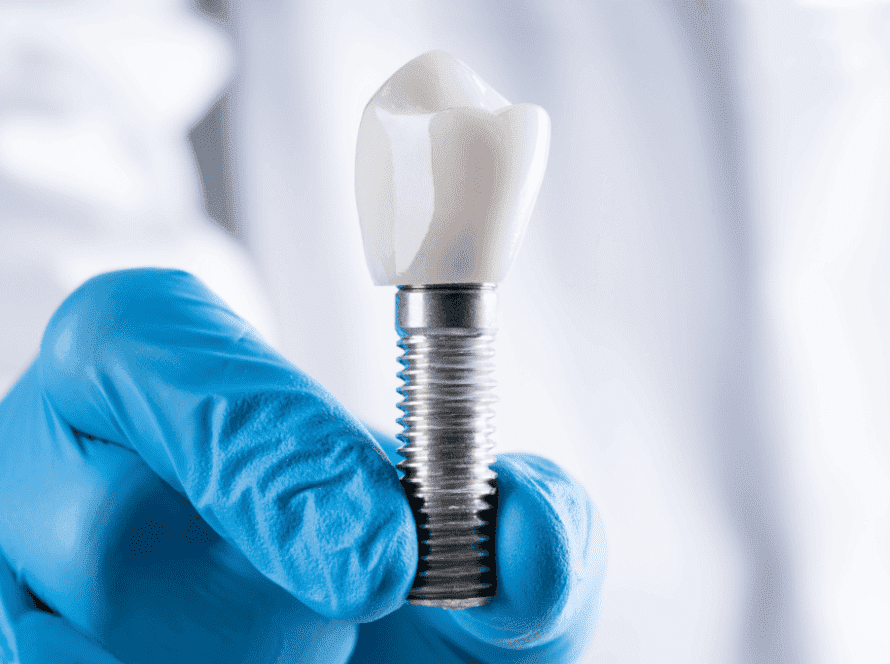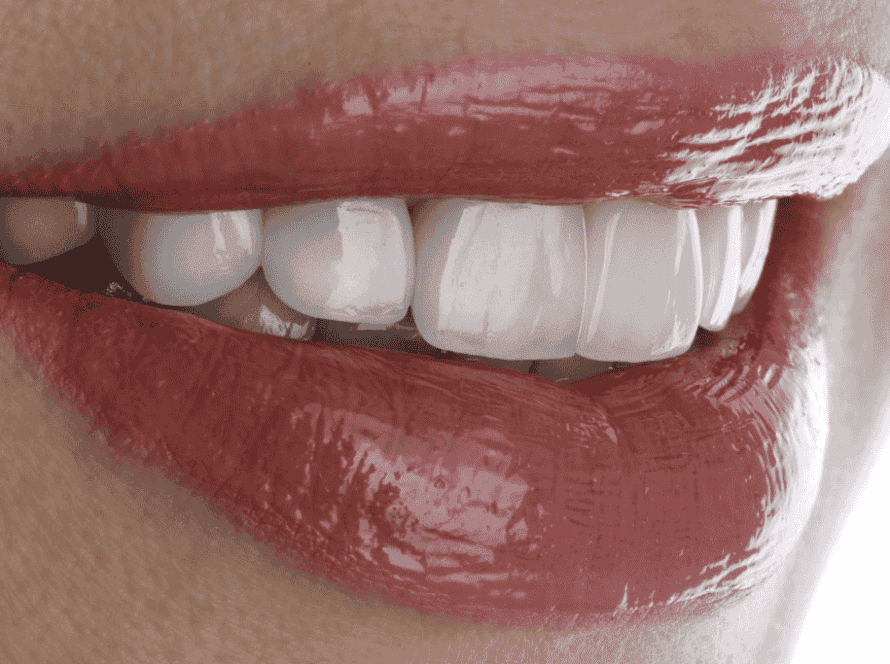People find that dental laser treatment is a popular alternative to traditional dental care methods, because it is less painful or more effective. Dentists may now perform a variety of operations with greater precision because of lasers.
What is Laser Dentistry?
The use of lasers to treat various dental diseases is known as laser dentistry. In 1989, it was first made available for purchase in clinical dentistry operations involving oral tissues.
Compared to drills and other non-laser instruments, laser dentistry may provide a more comfortable treatment alternative for a variety of dental treatments involving hard or soft tissue.
“Light amplification by the stimulated emission of radiation” is what LASER stands for. The light energy produced by the device is concentrated into an extremely narrow beam. When this laser light comes into contact with tissue, it reacts, causing the tissue to be removed or shaped.
Many different procedures in dentistry involve laser technology, such as:
- Treating hypersensitivity
- Treating tooth decay
- Treating gum disease
- Whitening teeth
The cost of laser treatments can differ based on the type of procedure and laser equipment utilized. Since laser treatments typically require fewer sessions to complete, their cost may be lower than non-laser treatments. Furthermore, dental insurance typically bases its payment estimates on the procedure rather than the manner employed.
How are Laser Treatments Performed?
Hard and soft tissue procedures are the two primary categories of operations performed using lasers in dentistry. The teeth are considered hard tissue, and the gums are considered soft tissue.
Typical hard tissue operations consist of the following:
- Detection of cavities. By spotting signs of tooth decay, lasers can identify cavities early.
- Dental fillings and tooth preparation. With laser treatments, conventional drills and local anesthetics are frequently not necessary. By eliminating microorganisms from a cavity, lasers can improve a tooth’s long-term health.
- Addressing sensitive teeth. Dental lasers that seal tubules on the tooth’s root can treat teeth sensitive to heat or cold.
Typical soft tissue operations consist of the following:
- Has a “gummy grin.” Gum tissue is linked to a “gummy smile,” in which the gums extend over a large portion of the teeth, but can be reshaped with lasers.
- Crown lengthening. This process helps prepare the tooth structure for the placement of restorations by reshaping the gums.
- Treating attachment of the tongue frenulum. A laser frenectomy may benefit people with a thick or tight frenulum, the fold of skin beneath the front portion of the tongue that attaches to the mouth floor. This treatment also benefits children whose limited frenulum makes them speech-impaired, tongue-tied, or difficult to nurse.
- Eliminating creases in soft tissue. Lasers can remove soft tissue folds from ill-fitting dentures without requiring sutures or pain.
In South Florida, Fort Lauderdale Dental Aesthetic Center in Fort Lauderdale is pleased to provide laser treatment for periodontal disease. Patients can benefit from all the benefits and applications of laser dentistry with the Gemini 810 + 980 diode laser. The United States’ first dual-wavelength soft tissue diode laser is called Gemini. The exceptional dual wavelength technology combines the best water absorption from a 980-nanometer laser with the best melanin absorption from an 810-nanometer laser.
Laser Dentistry Advantages:
-
- Procedures using a laser are more accurate.
- Shortens recovery periods and symptoms.
- Lessens edema, bleeding, and pain.
- Stop the bleeding while the surgery is being done.
- Minimizes the quantity of microorganisms present in tooth cavities and unhealthy gum tissue.
The recipe for success in Fort Lauderdale Dental Aesthetic Center near me is easy to follow: Quality dental care is ensured by a team of highly qualified professionals, top-notch tools, and materials. Call us today to schedule an appointment!





